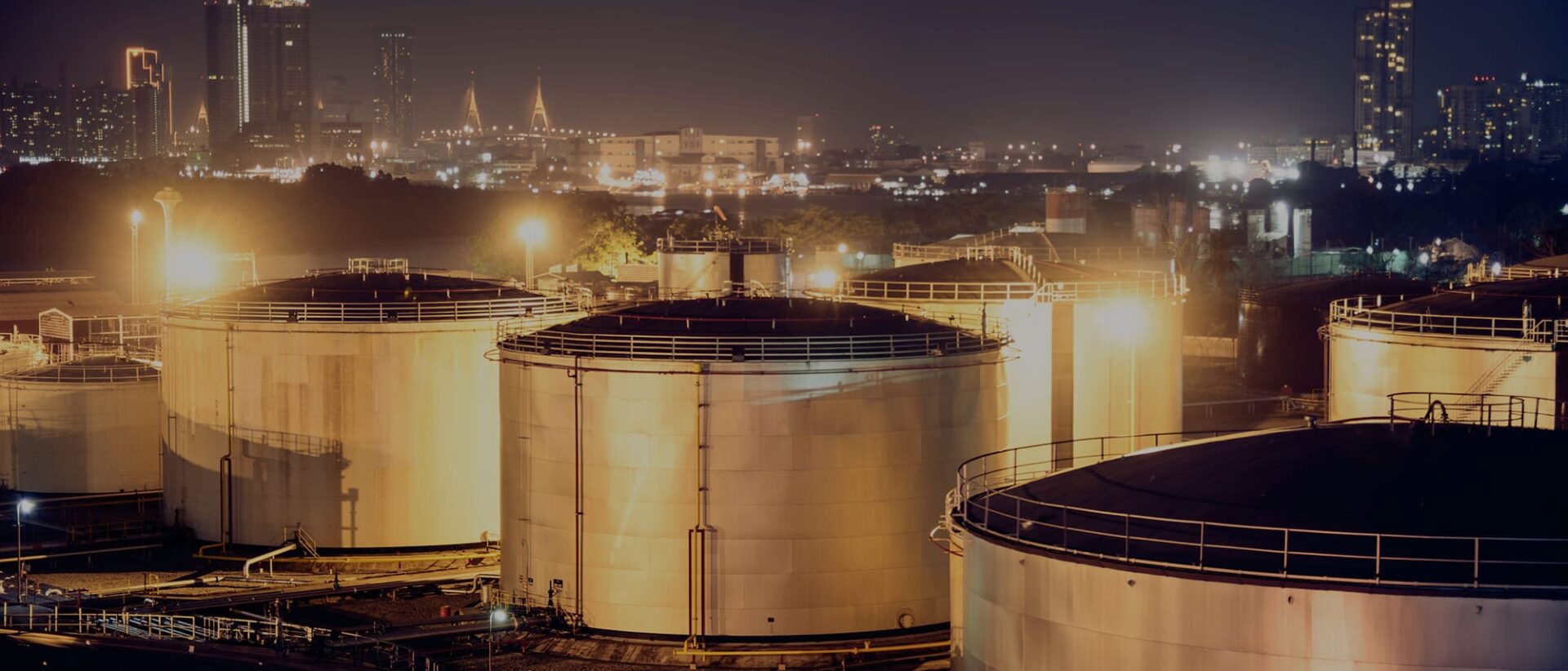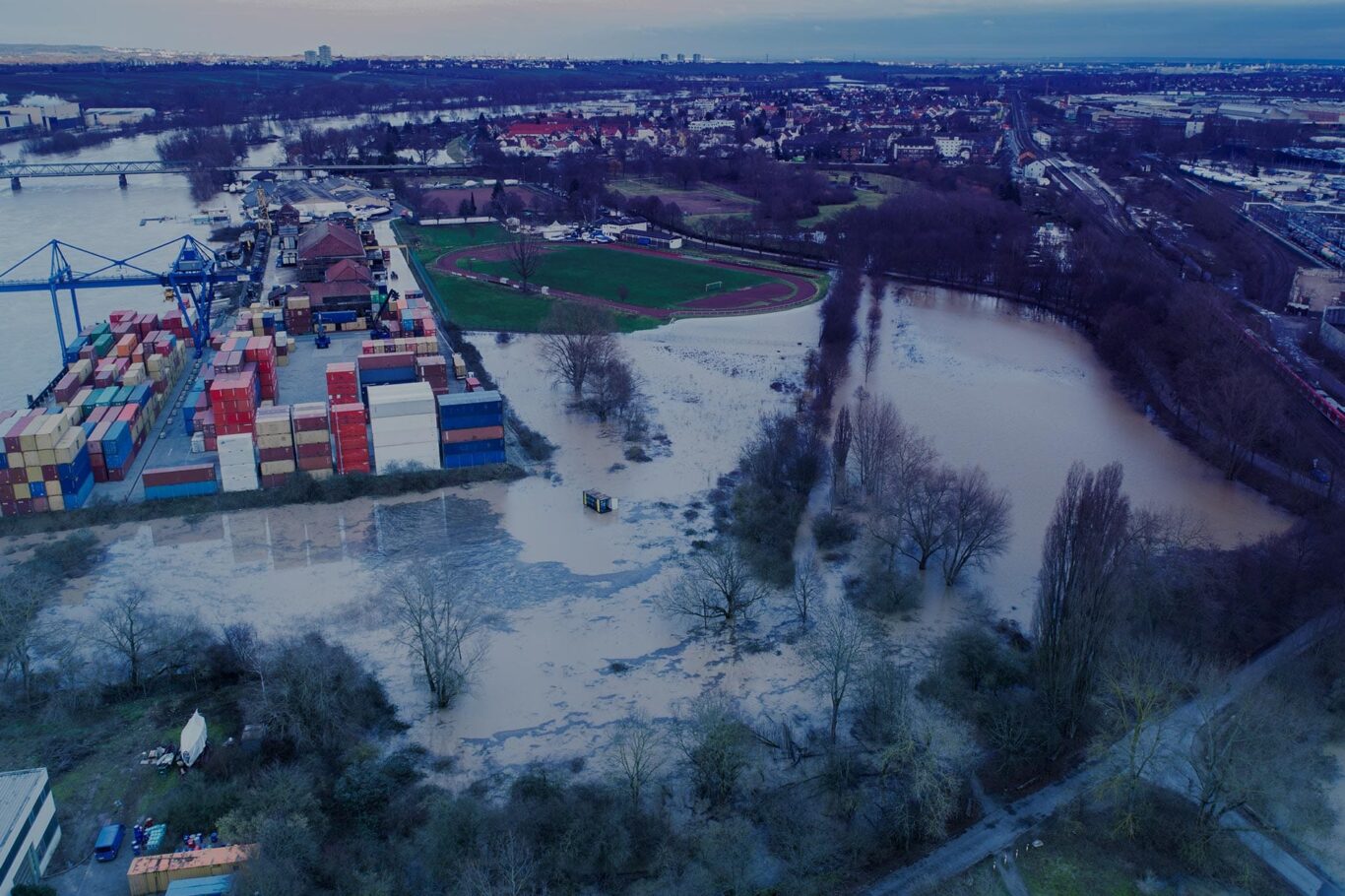This activity started in 1982 following the issuing of the EEC 82/501 EU directive on industries at risk of major accidents (directive ratified in Italy through the Presidential Decree No. 277 and subsequent decrees of the Ministry of the Interior and the Ministry of the Environment). Currently, in the year in which the third edition of the Seveso III Directive came into force in Italy (Legislative Decree no. 105/2015), Tecsa S.r.l. represents a point of reference for numerous production companies of national and international importance subject to the requirements of this body of legislation.
Over the years Tecsa S.r.l. has in fact conducted numerous industrial risk analyses for both Italian and foreign industries and plants, such as refineries, chemical and petrochemical deposits, chemical process plants, marine and land terminals, gasification plants, on-shore and off-shore fuel oil and gas extraction plants, toxic and dangerous substances deposits, fuel dust transport and handling plants, energy infrastructures (oil and gas pipelines).
Some of the techniques generally used are:
Risk identification
Hazard and Operability Studies (HAZOP); Failure Modes, Effects and Critically Analysis (FMECA); Safety Audits; “what if” Analysis; Preliminar Hazard Analysis (PHA); Incident Reviews; Hazard Identification (HAZID), Bow-Tie, alberi di guasto (FTA) e degli eventi (ETA); LOPA (Layers of Protection Analysis) secondo le linee guida elaborate da AIChE-CCPS.
Consequences Analysis
Mathematical modelling of explosions, dispersions and consequences, Bleve, VCE/UVCE, Thermal Radiation (from pool and jet fires), through the use of modern and validated calculation codes both traditional and operating with techniques based on computational fluid dynamics (CFD). Among these, also the shipping methods used by the authorities having jurisdiction for external emergency planning (e.g. D.M. 25 February 2005).
The analysis of the consequences is conducted with validated tools and calculation codes and with a degree of in-depth analysis commensurate with the design status and requirements of the clients. Among these it is possible to mention:
- DNV Phast Professional (including the specific 3D Explosion add-on);
- TNO Effects;
- Safer Trace.
TECSA S.r.l. is also able to carry out in-depth studies on domino effects:
- specialist studies of fragment projection through the use of specific calculation codes and damage modeling on process equipment and piping for the purpose of damage determination and subsequent containment loss modeling;
- studies for the evaluation of hydrocarbon dispersions in the sea and in surface water bodies;
- studies for in-depth damage assessment following VCE /UVCE;
- studies for the dispersion of pollutants (also following fire) in the atmosphere.
In addition to the shipping calculation codes, there is the extensive use of calculation codes for advanced numerical simulation, among which you can cite FDS, Flacs as examples of CFD codes and Ansys as examples of FEM codes.
Decision Analysis
Dynamic and integrated Decision Analysis, Decision Trees, Balanced Scorecards, AHP. Balanced Scorecards are used in the definition and monitoring of KPIs associated with management systems and are a foundation of TECSA’s own HSE-D information platform, the digital board of process security for the HSE Manager.
Recomposition of area risk
through internationally recognised calculation codes and methodologies including:
- DNV Safeti Onshore and Offshore;
- TNO RiskCurves.
Human factor and error analysis (HRA)
For a more comprehensive overview of services in this area, please refer to the specific chapter.







